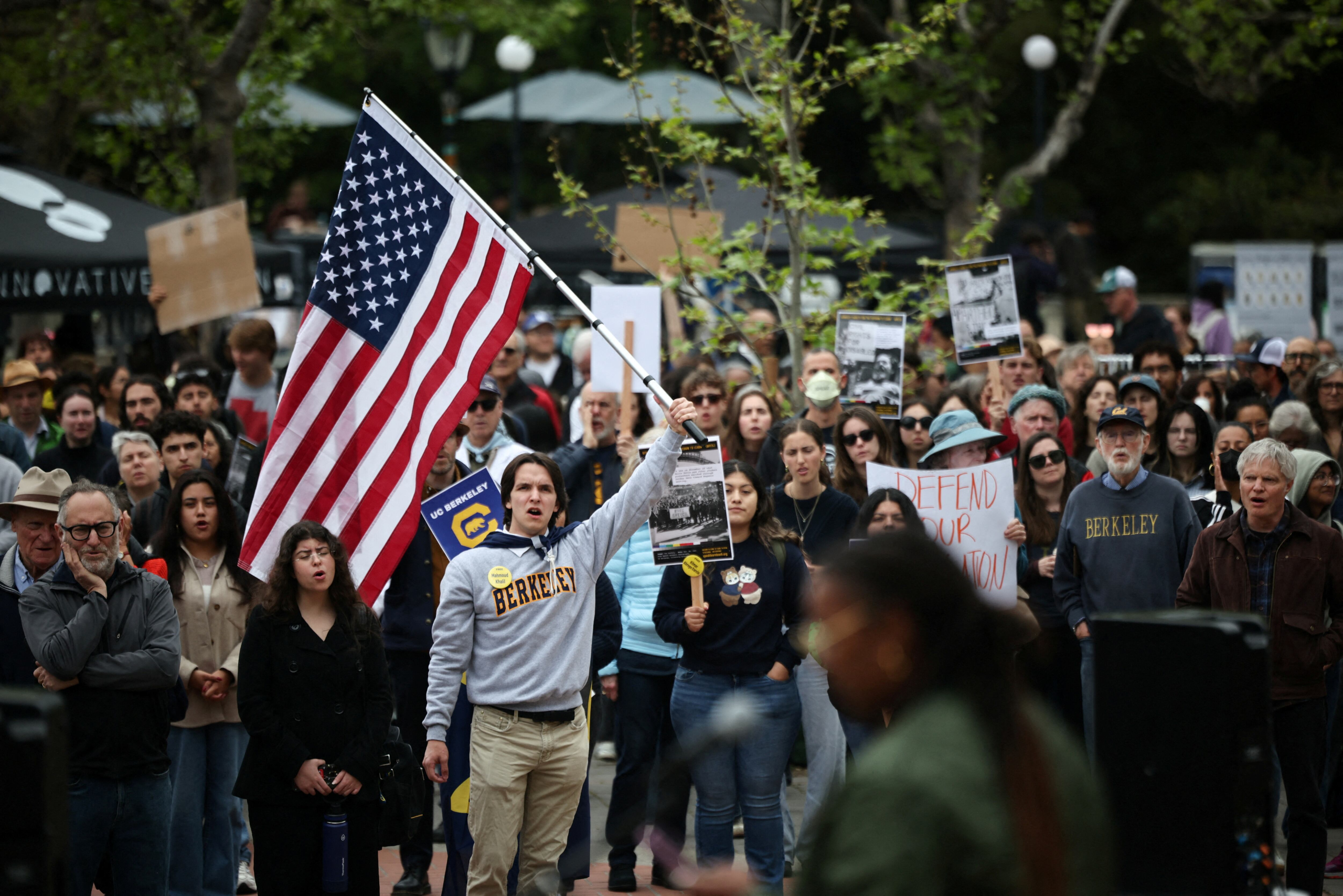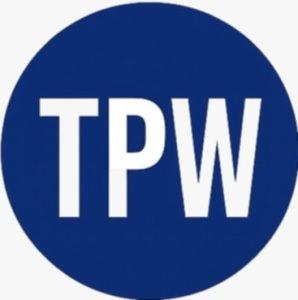Foreign PhDs stay high despite political turbulence
New data show that the United States remains a magnet for top international PhD students, even after years of visa turmoil, geopolitical tension and rising competition from other countries. Graduate programs in science, technology, engineering and math continue to rely heavily on foreign-born researchers, whose enrollment has held steady or even ticked up since the pandemic. Universities and business leaders argue that this talent pipeline is one of America’s greatest strategic advantages, feeding innovation in fields from artificial intelligence to clean energy. But policy analysts warn that the system is more fragile than the headline numbers suggest, as immigration crackdowns and political rhetoric make the US feel less welcoming.
In recent years, peers like Canada, the United Kingdom and Australia have launched aggressive campaigns to lure global students with streamlined visas and paths to residency. At the same time, US consulates have faced backlogs, security reviews have stretched processing times, and rule changes have made it harder for some students to stay and work after graduation. The new figures indicate that many still choose the US, drawn by elite universities, research facilities and the depth of its tech industry. Yet survey responses suggest growing anxiety: students worry about sudden policy shifts, anti-immigrant sentiment and uncertainty over whether they will be able to build a long-term life in America.

Visas, politics and the search for stability
The stakes go far beyond campus demographics. Foreign-born researchers make up a significant share of PhD candidates in critical disciplines such as computer science, electrical engineering and mathematics. They often go on to join or launch startups, file patents and lead cutting-edge labs, helping to keep the US at the frontier of science and industry. If fewer of them come—or more of them leave shortly after earning their degrees—universities could struggle to fill programs, and companies could face a tighter talent crunch. Some economists say that lost innovation would hurt US growth and weaken its ability to compete with rivals like China.
The latest enrollment snapshot comes as Washington again debates how open its doors should be. Hardline voices in US politics are calling for broader restrictions on foreign workers and students from certain countries, citing national security and economic fears. University leaders counter that existing vetting systems are already strict and that overcorrection could drive bright minds elsewhere. Advocates have renewed calls for reforms such as a dedicated startup visa, clearer paths from student visas to permanent residency and protections for graduates in high-demand STEM fields. International students are watching not only US policy but also signals from courts and agencies. Legal battles over travel bans and work rules have left many feeling as if their future could hinge on a single executive action. Recruiters in Europe and Asia say students now routinely hedge their bets, applying to universities in multiple countries and keeping options open much longer. For now, the data suggest that America’s scientific brand still carries weight, but experts warn that reputation can erode quickly if students begin to feel like political pawns rather than partners.

 TPW DESK
TPW DESK 








